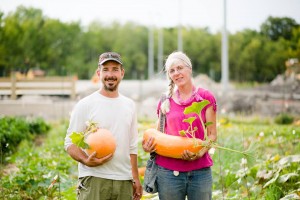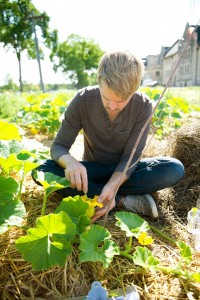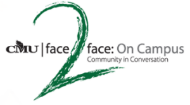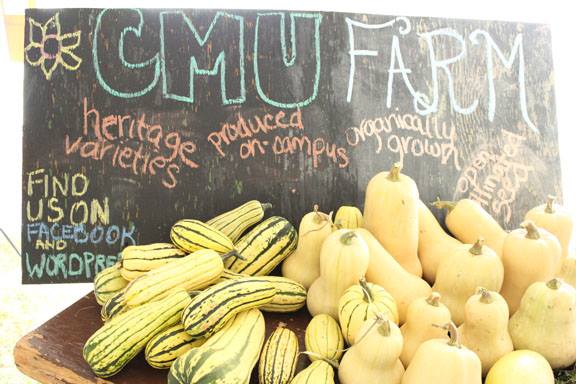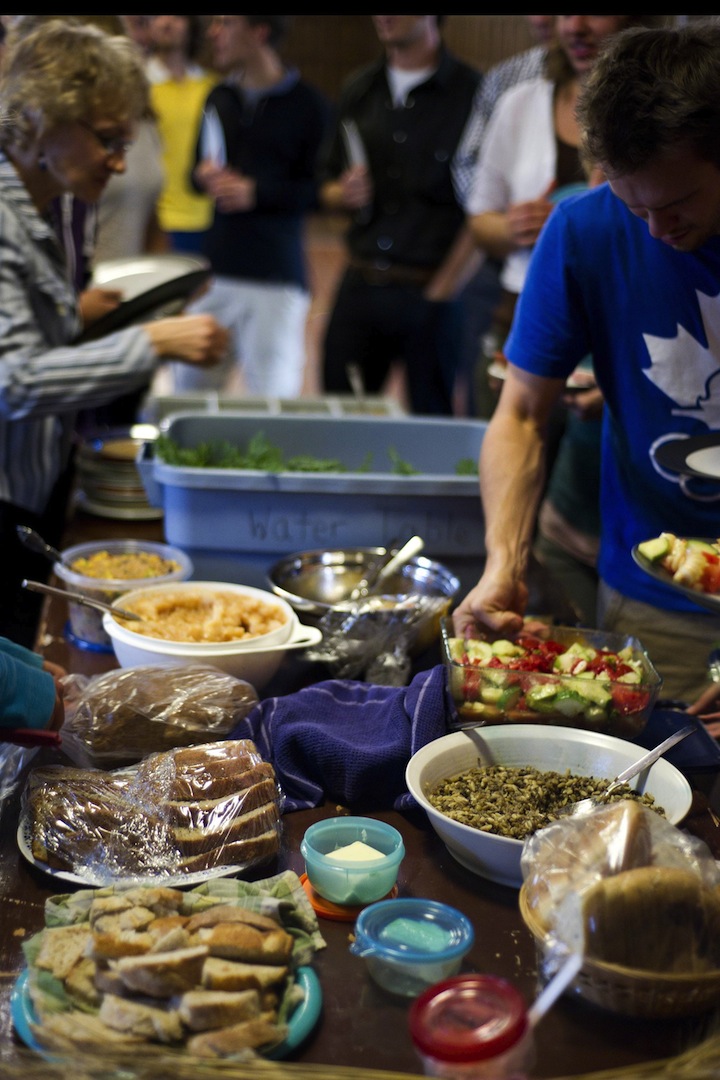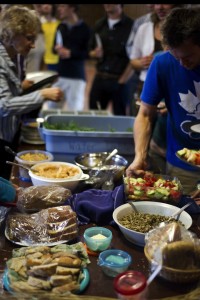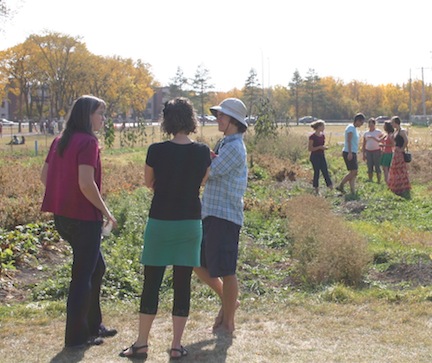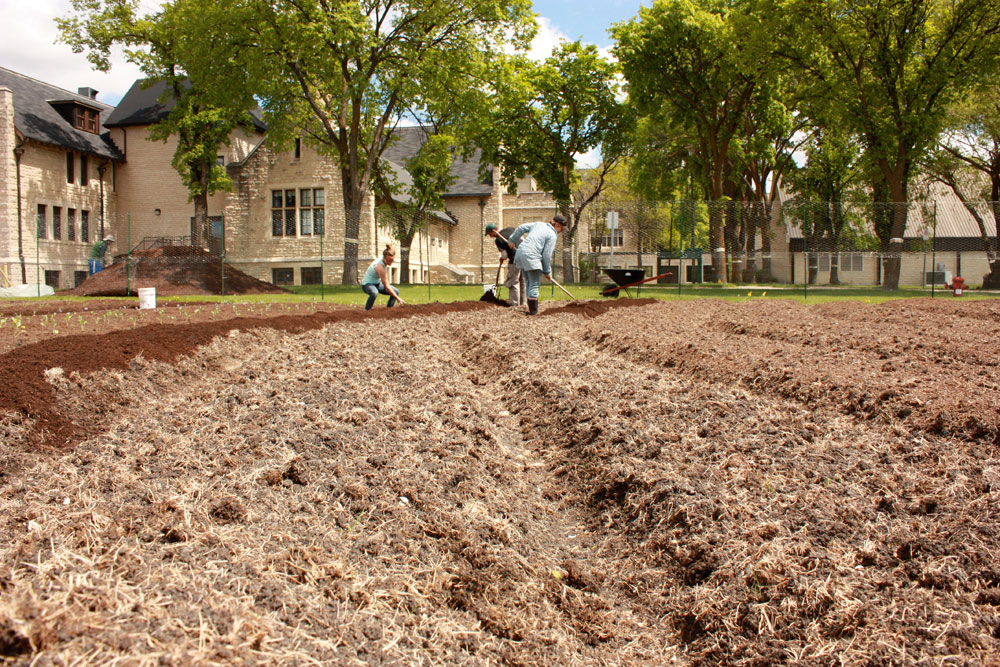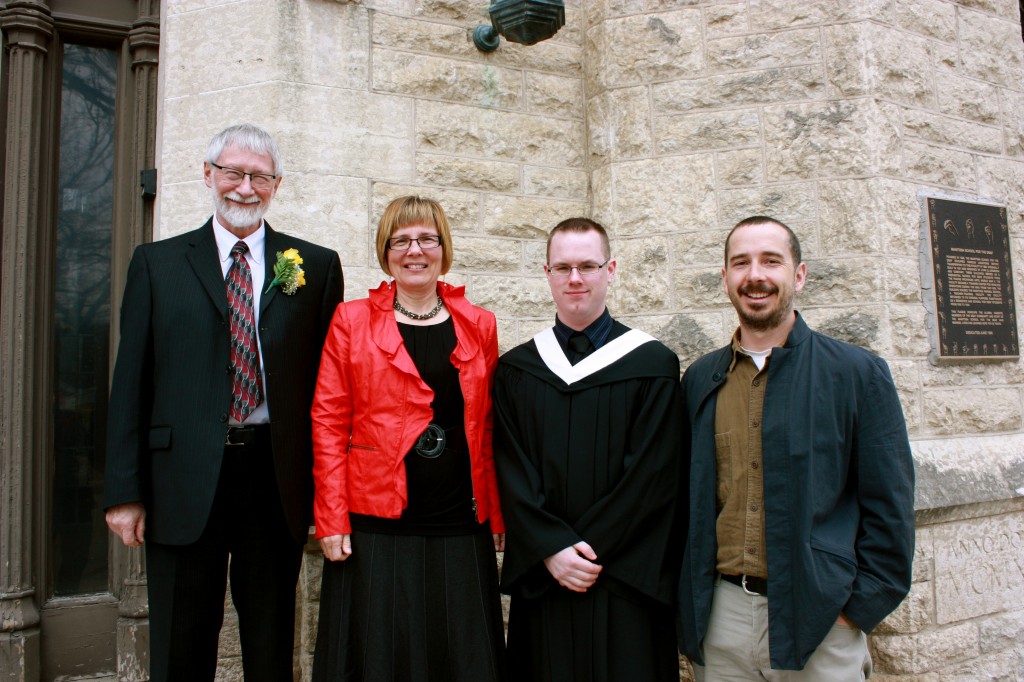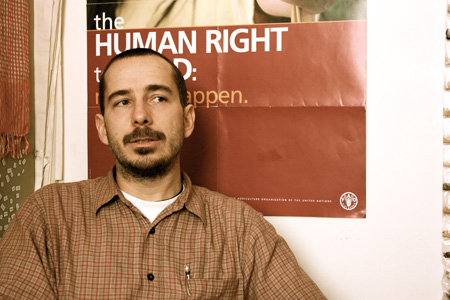Lisa Martens (CMBC ‘00) recalls what it was like being in Iraq when U.S. forces invaded the country in 2003. She remembers speaking with a man whose house was cracked because his neighbour’s home had been bombed.
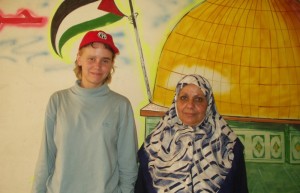
“He was a Muslim I think, and his wife was Christian,” Martens recalls. “He just talked about how he believed that the people from various religions should be able to live in peace together, and how his family was evidence of that kind of cooperation.”
Martens is one of the more than 30 alumni, faculty, and staff from Canadian Mennonite University and its predecessor colleges who have worked for CPT. That includes Dr. Harry Huebner, Professor Emeritus of Philosophy and Theology, who helped found the organization.
Started in the late ‘80s, CPT seeks to build partnerships to transform violence and oppression around the world.
The organization uses small teams of four to six people trained in documentation, observation, nonviolent intervention, and various ministries of presence to make a difference in explosive situations.
Kenton Lobe (CMBC ‘95), who served with CPT in Haiti in 1994 and in Grassy Narrows in the early 2000s, praises the forward-thinking people who created the organization.
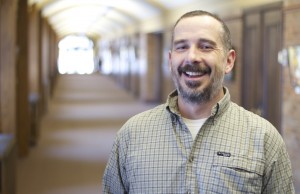
“CPT has a strong focus on justice,” Lobe says. “They were one of the first organizations that was working at questions of privilege, questions of the implications of globalization, and the connection of that globalization to violence in local communities.
“That was their work, and they were providing an avenue for the church to be present in those conversations.”
Rachelle Friesen (CMU ‘07) says that she has always felt part of the CPT community.
“CPT has always been part of my peace and justice journey,” says Friesen, who today works for the organization in Toronto as its Canada Coordinator.
Friesen’s work involves everything from administrative tasks like data entry and writing grant proposals, to reaching out to CPT’s constituency, to organizing training sessions, to supporting CPT workers, to speaking at rallies.

“It’s a big job, but it’s a fun job,” Friesen says.
“What I really enjoy is the opportunity to network with other organizations and with other peacemakers,” she adds.
People who are struggling around the world are all connected, Friesen says.
Whether it’s Palestinians struggling for freedom and liberation, or Kurdish people struggling for sovereignty in Iraqi Kurdistan, or small-scale farmers in Colombia who are fighting the multinational corporations that are trying to force them off their land, or Indigenous groups in Grassy Narrows and Shoal Lake 40, everyone is struggling to exist.
“I find it really exciting that I get to work with an organization that sees these interconnections and is working in solidarity with people to try to resist these multiple oppressions,” Friesen says. “There’s a great opportunity to build relationships (so that) we can undo the oppression that we have within our world.”
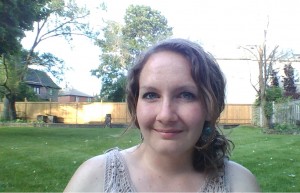
Martens agrees. She served with CPT in 1999, and then from 2001-2004. In addition to Iraq, the work brought her to places like Chiapas, Mexico; Colombia; South Dakota; and Grassy Narrows.
CPT not only made a difference in the lives of those Martens worked with, but it also made a difference in Martens’s life.
She recalls working for an organization in Winnipeg a few years ago that supports refugees.
“I felt I could do that (job) a lot differently having travelled and been in war zones (with CPT),” Martens says. “I could empathize differently having had some of those experiences myself.”
Working with CPT had a dramatic impact on Martens’s worldview.
“It changed my thinking forever,” she says.
-With file from Christian Peacemaker Teams

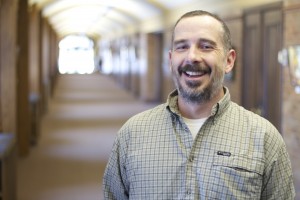 Kenton Lobe, Instructor in International Development Studies, has taught at CMU since 2005.
Kenton Lobe, Instructor in International Development Studies, has taught at CMU since 2005.